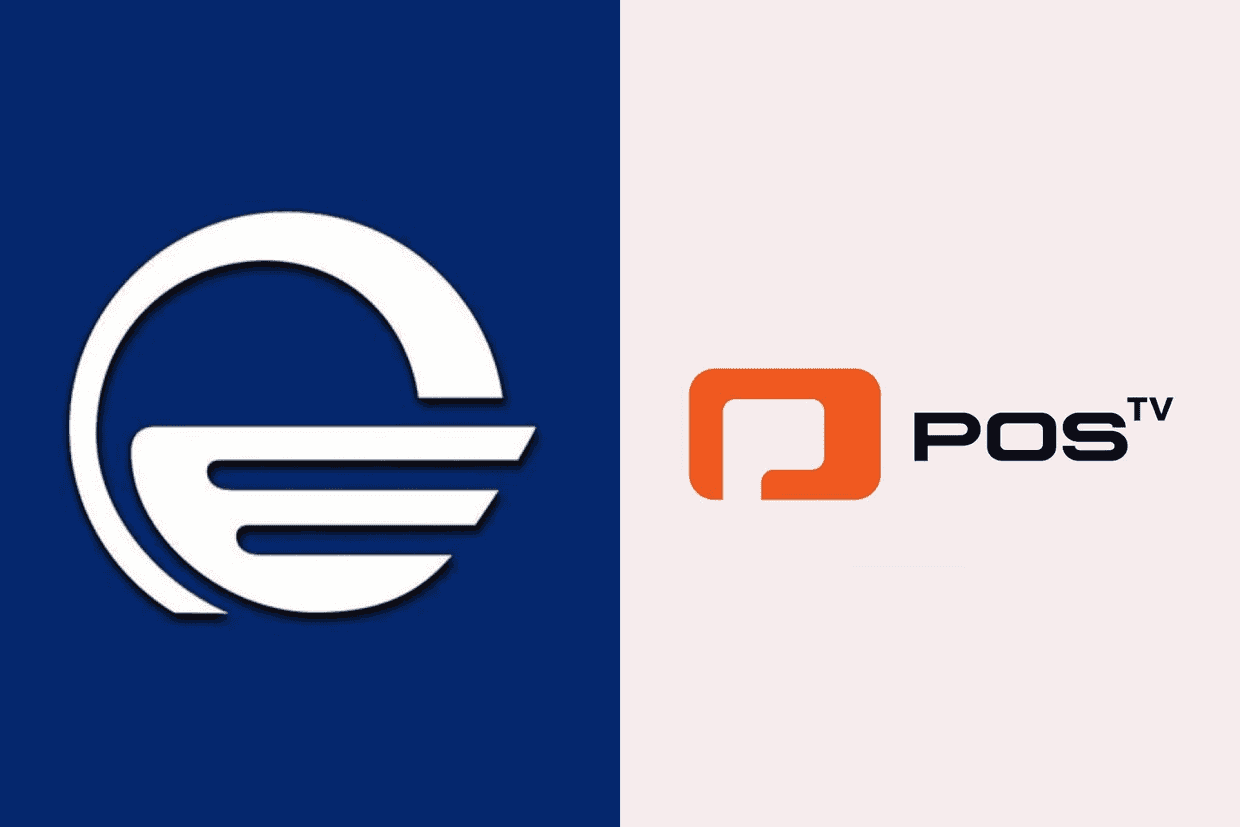
Georgian opposition groups have responded to the constitutional lawsuit filed by the ruling Georgian Dream party, which seeks to ban three major opposition parties. Some said the move is an opportunity for opposition forces to unite, while others commented that it reflects the ruling party’s weaknesses.
In a statement on Tuesday, Georgian Dream finally named the parties it is asking the Constitutional Court to ban through the lawsuit it announced months ago. The list included three major opposition parties: United National Movement (UNM), Ahali, and Lelo.
The ruling party’s position is that the formerly-ruling UNM represented a criminal regime and should not be allowed to continue existing. According to Georgian Dream, the UNM, along with other political groups, continued ‘anti-state’ activities after its defeat in the 2012 elections, when Georgian Dream came to power.
The chair of the UNM, Tina Bokuchava, condemned the Constitutional Court lawsuit as a ‘circus’ and suggested that, in reality, it is a ‘great opportunity’ for the fragmented opposition forces to unite.
‘Now or never’, she wrote on Facebook, while at the same time criticising one of the targeted parties, Lelo, for participating in the October municipal elections, which were boycotted by many opposition groups.
‘So even collaboration in the “elections” didn’t help Lelo’, she wrote, indirectly reiterating the accusation that by taking part in the municipal vote, Lelo contributed to legitimising Georgian Dream’s rule.
Another leading member of the UNM, Ana Tsitlidze, also commented on the lawsuit while speaking on the party’s podcast, saying that it has ‘nothing to do with justice or a legal process’. She called the 2003–2012 UNM rule, which Georgian Dream partially based its lawsuit on, as the ‘best nine years in the history of independent Georgia’.
The ruling party’s statement was responded to by Ahali as well — the party founded in 2024 by former UNM leader Nika Melia together with former UNM official-turned-opposition media figure Nika Gvaramia.
Its members noted that, with this move, ‘the regime has once again explicitly shown its weakness and fear of the national forces in fair elections’.
‘We will use every lever, everything at our disposal, to ensure Georgian Dream is defeated and the national forces come to power’, Ahali member Tengiz Tevzadze said at a briefing on Tuesday.
In turn, Lelo, created in 2019 by TBC Bank founders Mamuka Khazaradze and Badri Japaridze, stated that Georgian Dream founder Bidzina Ivanishvili ‘is abolishing democracy and Georgia as a democratic state’.
Lelo further claimed that Georgian Dream was abolishing the party ‘that, since the day of its founding, has broken the country’s flawed political bipolarity and created a real alternative for hundreds of thousands of Georgian voters’.
Shortly before the ruling party officially specified which parties it sought to ban, Lelo announced that it had filed its own constitutional lawsuit, demanding that the legislative changes adopted in recent months to simplify the banning of opposition forces be declared unconstitutional.
Smaller opposition activists and groups also responded, including Droa party leader Elene Khoshtaria, who is among the opposition leaders detained in recent months. On Tuesday, she said from prison that ‘the banning of parties by this government is just as illegal as this entire illegitimate, Russian regime’.
Another opposition party, the Federalists, stated that ‘with this decision, the regime is depriving not only the voters of the targeted parties but every citizen of their right to choose’.
‘The abolition of even one legitimate party means the abolition of all parties’, the party said.
In parallel with the announcement of plans to ban opposition parties, Georgian Dream has adopted several legislative amendments to facilitate this process.
According to a law passed in the spring, the Constitutional Court can now ban newly formed parties if deemed similar to an already banned party.
Later, in mid-October, further amendments were adopted granting the court the authority to prohibit individuals considered affiliated with banned parties from engaging in political activity, if requested by the claimant.
However, on Tuesday, Georgian Dream stated that its lawsuit does not seek to ban individuals from political activity, arguing that the previously adopted laws enabling the banning of new and future parties are more effective than prohibiting individuals one by one.
Georgian Dream is preparing to request the banning of parties against the backdrop of a general democratic backslide, during which the ruling party has already targeted civil society, independent media, and street protests through a continuing series of legislative changes.
The political crisis is occurring against the backdrop of the ruling party’s suspension of Georgia’s EU membership bid in November 2024, which was followed by a wave of daily protest actions in Tbilisi and several other cities.

This article was translated into Armenian and republished by our partner CivilNet.










